By Helena Zhu, Women Students Program Assistant at Access & Diversity
In time for a new season, we have a new edition of the Guide to Resources & Supports for Parents. You can access the guide on the Students who are parents page. Don’t forget to also drop by Access & Diversity’s booth at the upcoming seventh annual Multicultural Family Resource Fair on Friday, March 27 from 10 a.m. to noon at UBC Acadia Commons Block, 2707 Tennis Crescent. We will have various resources available for the taking and interactive activities for you and your child(ren).
Below are some highlights of the updates in the fifth edition of the guide:
- We added an interactive map (P. 9) for housing cost by Vancouver neighbourhood from The Ubyssey to allow you to better compare housing options.
- We added child subsidy options on P. 12 to include BC Family Bonus Program (up to $111 per child per month) and the Canada child tax benefit.
- We added additional food options on P. 19 to include Sprouts, which offers affordable vegan lunch by donation (suggested $1) every Friday, as well as the information on the Greater Vancouver Food Bank Society.
- We added how and why you should get a UTown@UBC Community Service Card on P. 26, in case you haven’t yet.
- We added plenty of tips on activities you can do with your child(ren) on campus, from a stroll in the Nitobe Garden (by donation during winter) to hands-on programs at the Beaty Biodiversity Museum, which is free for students and children age 4 and under (P. 35-36).
- As for off-campus activities, you can now read about YMCA camps and skating for free at Robson Square Ice Rink on P. 37-38.
- Last but not least, we updated all the links, so they would lead you to the right places!
We hope you find the latest edition useful.

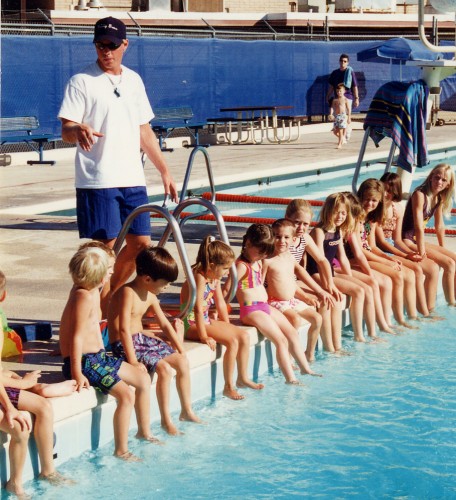
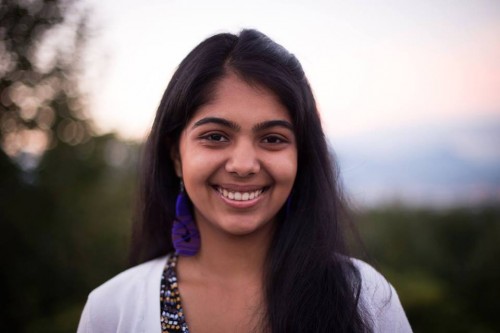
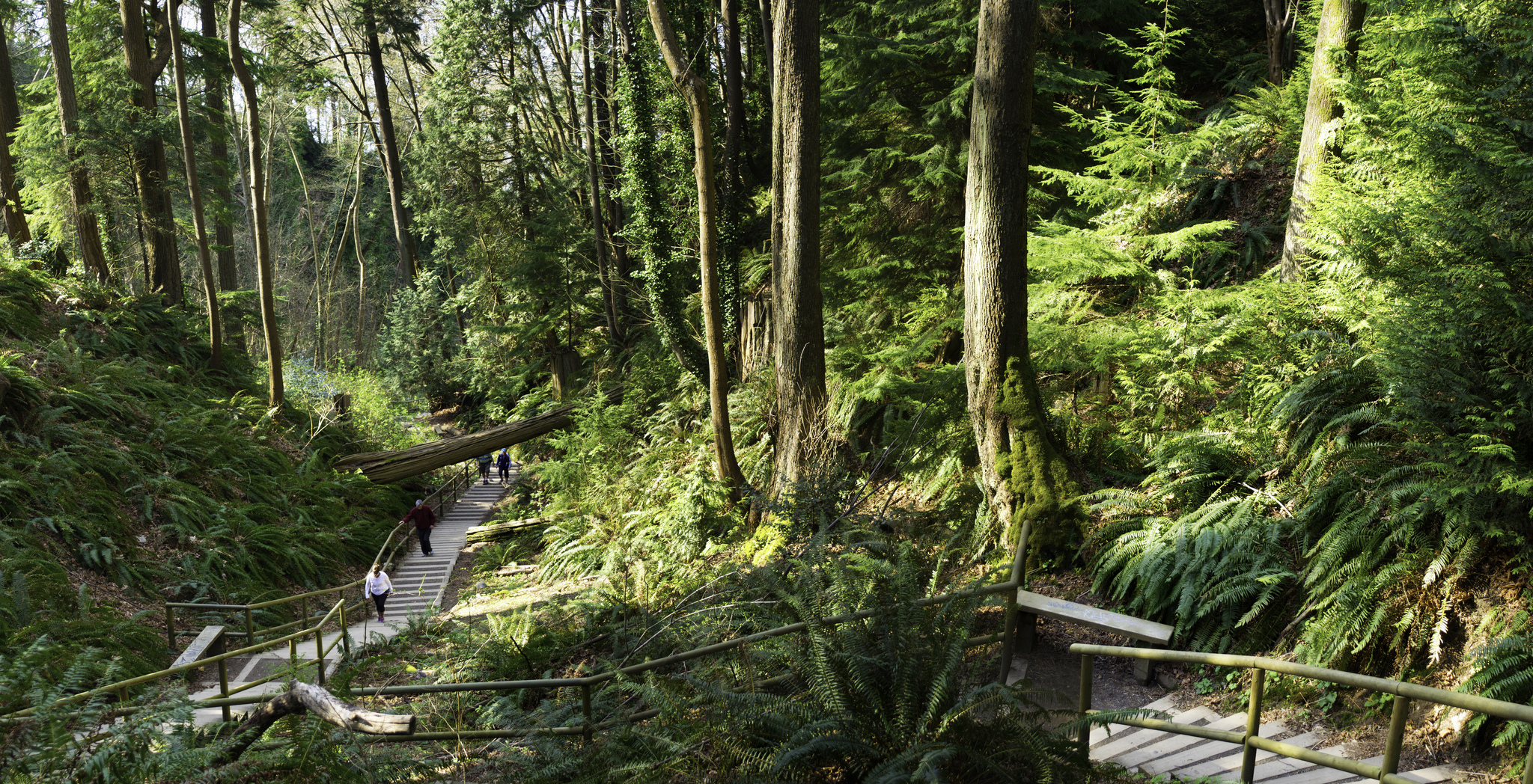
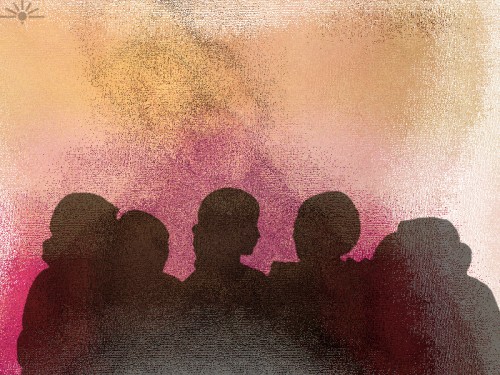
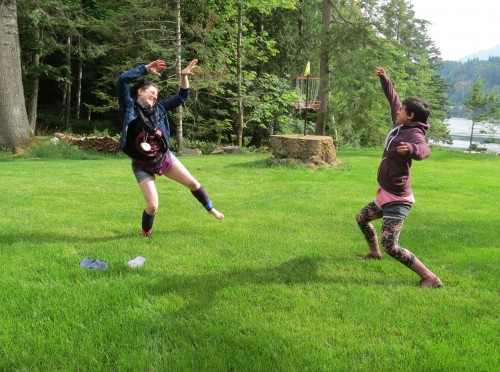
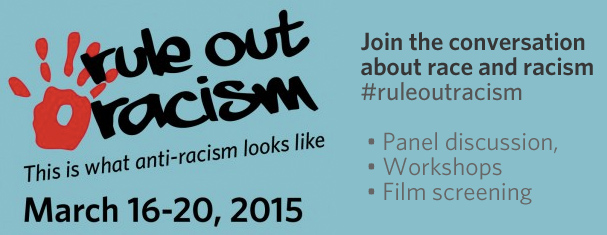 Rule Out Racism is a week-long series of events that focuses on the need for greater literacy and conversation about race and racism within the UBC community in Okanagan and Vancouver. This year’s theme is “this is what anti-racism looks like,” and all events are from March 16-20. There are a wide range of events, from workshops, to panel discussions, to film screenings.
Rule Out Racism is a week-long series of events that focuses on the need for greater literacy and conversation about race and racism within the UBC community in Okanagan and Vancouver. This year’s theme is “this is what anti-racism looks like,” and all events are from March 16-20. There are a wide range of events, from workshops, to panel discussions, to film screenings.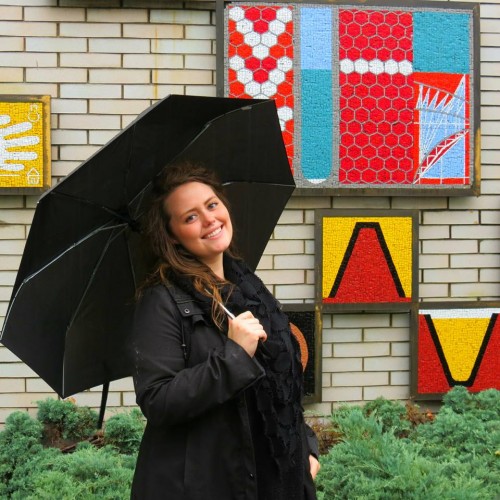
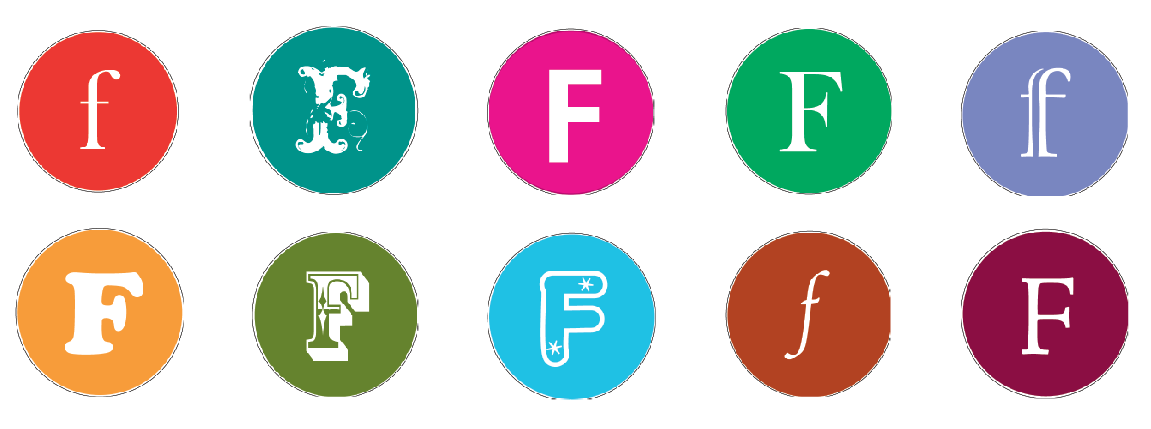
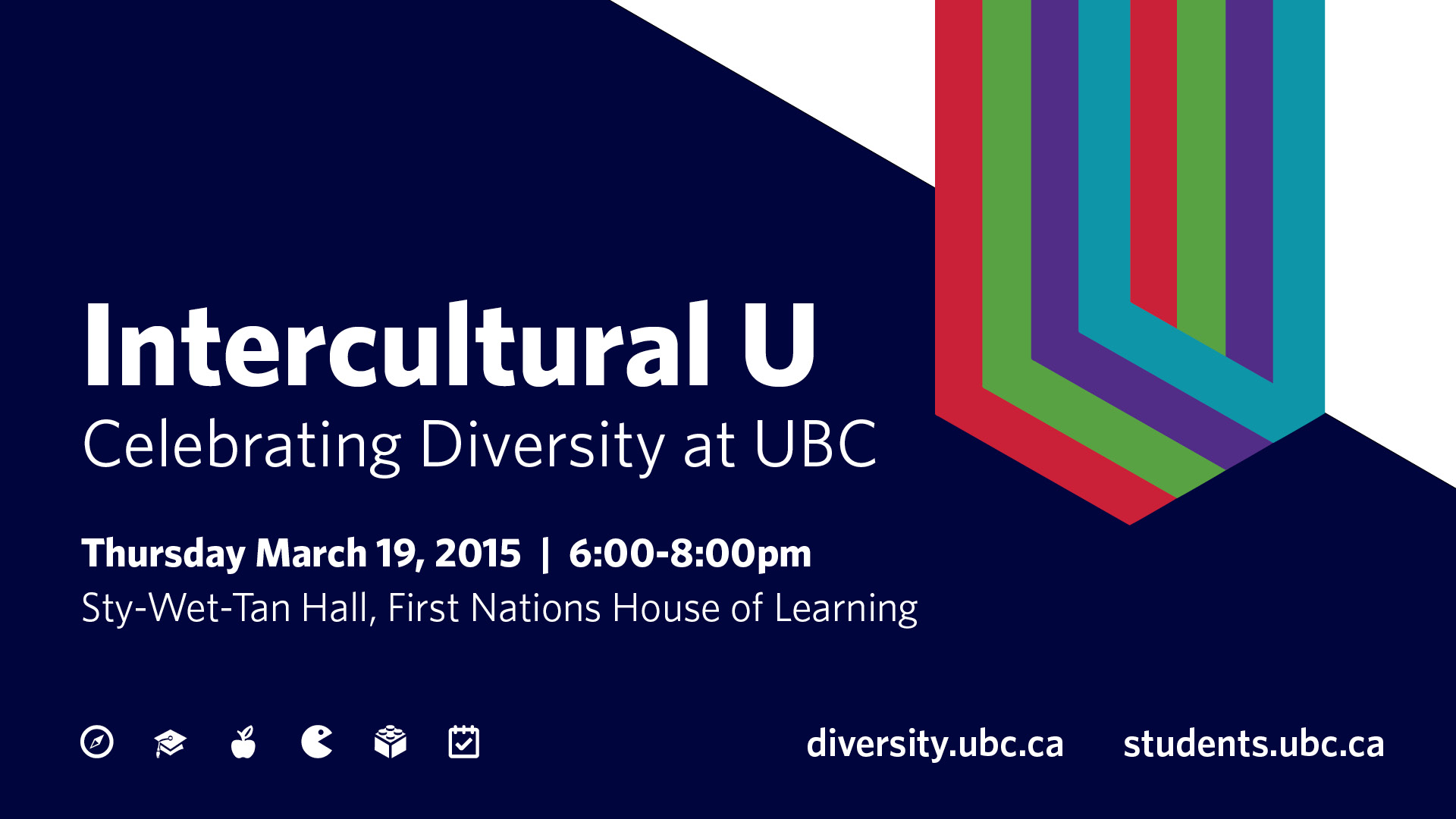 Post by Amanda Chiu and Melody Cheung, Equity Ambassadors
Post by Amanda Chiu and Melody Cheung, Equity Ambassadors